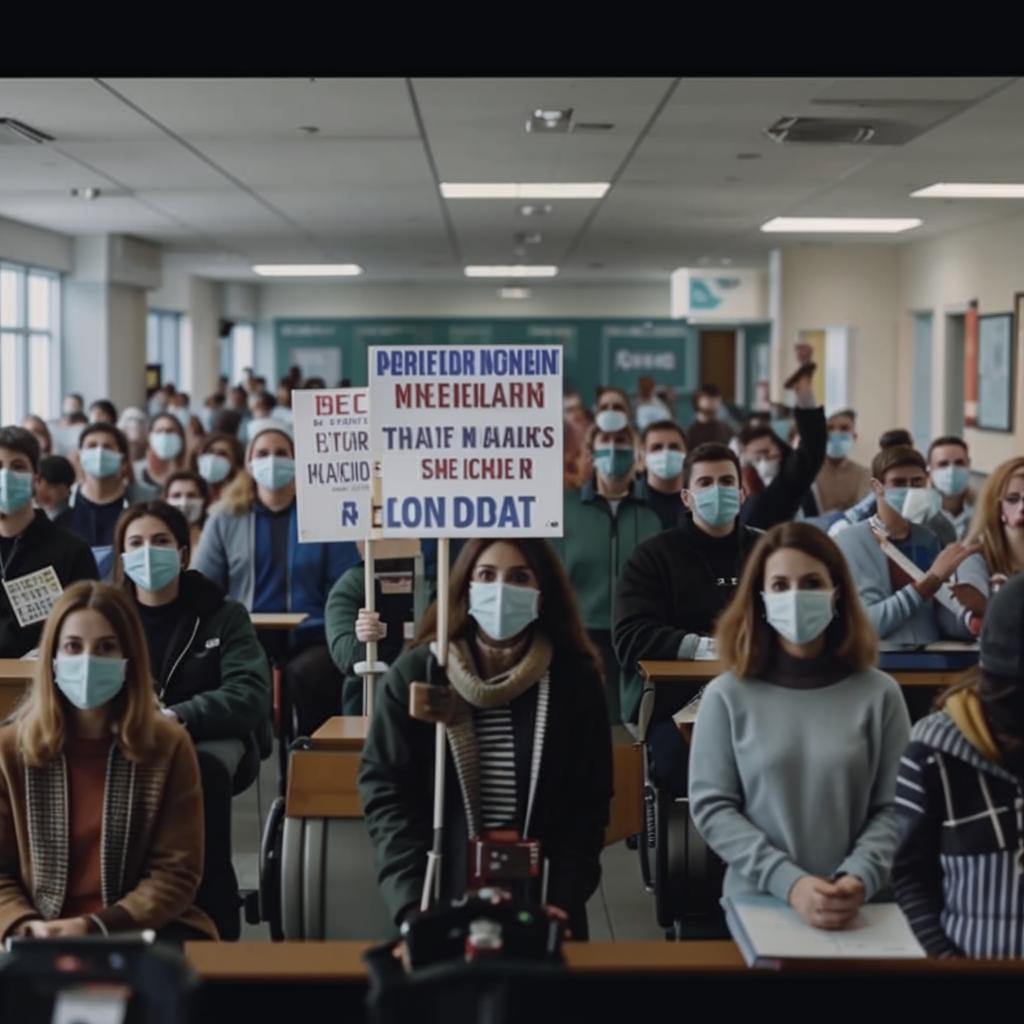The COVID-19 pandemic exposed deep fractures in society, and the question of whether political polarization exacerbated the crisis remains a contentious one. While scientific guidance on mask mandates, lockdowns, and vaccinations should have been grounded in public health, these measures often became entangled in partisan divides.
Some argue that political leaders prioritized ideological agendas over expert advice, leading to inconsistent and ineffective responses. The politicization of mask-wearing, for example, undermined efforts to control the virus’s spread. Similarly, debates over school closures became highly polarized, pitting economic concerns against the well-being of children and educators.
Others contend that political disagreement is inherent in a democratic society, and that different perspectives are necessary to inform policy decisions. They point to the challenges of balancing individual liberties with collective safety and the difficulty of making decisions in the face of uncertainty.
The role of misinformation and disinformation in shaping public opinion during the pandemic also cannot be ignored. Political actors often amplified false or misleading information, further undermining trust in institutions and hindering efforts to combat the virus.
Ultimately, whether politics failed us during COVID-19 is a complex question with no easy answers. However, examining the ways in which political polarization influenced the pandemic response can help us to better navigate future crises and to foster greater cooperation across political divides. A more nuanced, evidence-based approach to public health policy is essential for protecting the well-being of all citizens.














